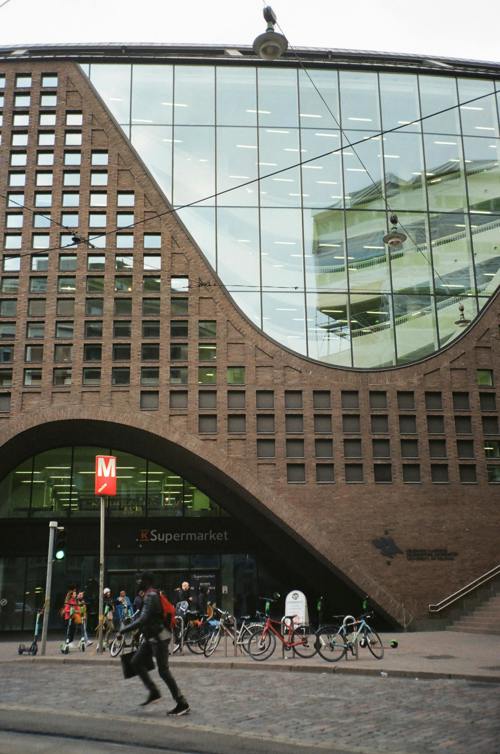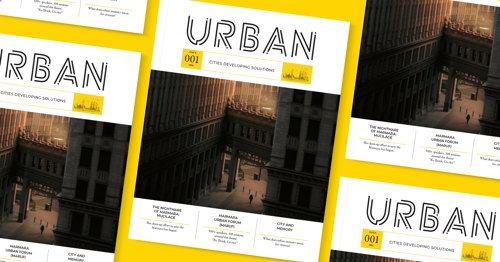Culture
The rapid rate of urbanization indicates that by 2030, two-thirds of the world’s population will be living in cities. While the change is happening at an unexpected pace, governments are faced with increasingly more complicated challenges. Today’s major political problems, from combating climate change to ensuring social equality, are also managed at the city level. As the population of cities increases, the pressure on local administrators to maintain the characteristics of their cities, to become a center of attraction for high quality jobs and to be flexible and to adapt to change rises as well. In this context, culture is the key to the future of cities in terms of becoming sustainable city centers.
Contrary to the view that culture is “decorative” or not primary but secondary to sustainable development, a significant portion of the international community thinks that spreading culture and combining development efforts is essential to tackle many of these global challenges in a more effective and sustainable way. In fact, the only type of development that is likely to be sustainable is the type that has its roots in culture and is sensitive to local context.
Cultural vitality is as important as social equality, environmental responsibility and economic viability for a healthy and sustainable society. To ensure a more effective public planning, its methodology should include an integrated cultural assessment framework similar to those developed for social, environmental and economic impact assessment.
Marmara Municipalities Union facilitates the coordination between culture professionals at the local level with the Culture and Arts Platform within its body, and helps its members to make evidence-based political decisions. MMU helps improving the corporate capacities of its members through the meetings, workshops and training programs it organizes so that they can efficiently work in the field of culture.

Commitment to the Future – Towards Resilient Societies Conference to Be Held Online on March 12
04.03.2025 Read More >
Registration for the 6th World Forum of Local Economic Development is Now Open
12.11.2024 Read More >Latest Issue of Urban Magazine is Now Available
23.02.2024 Read More >

